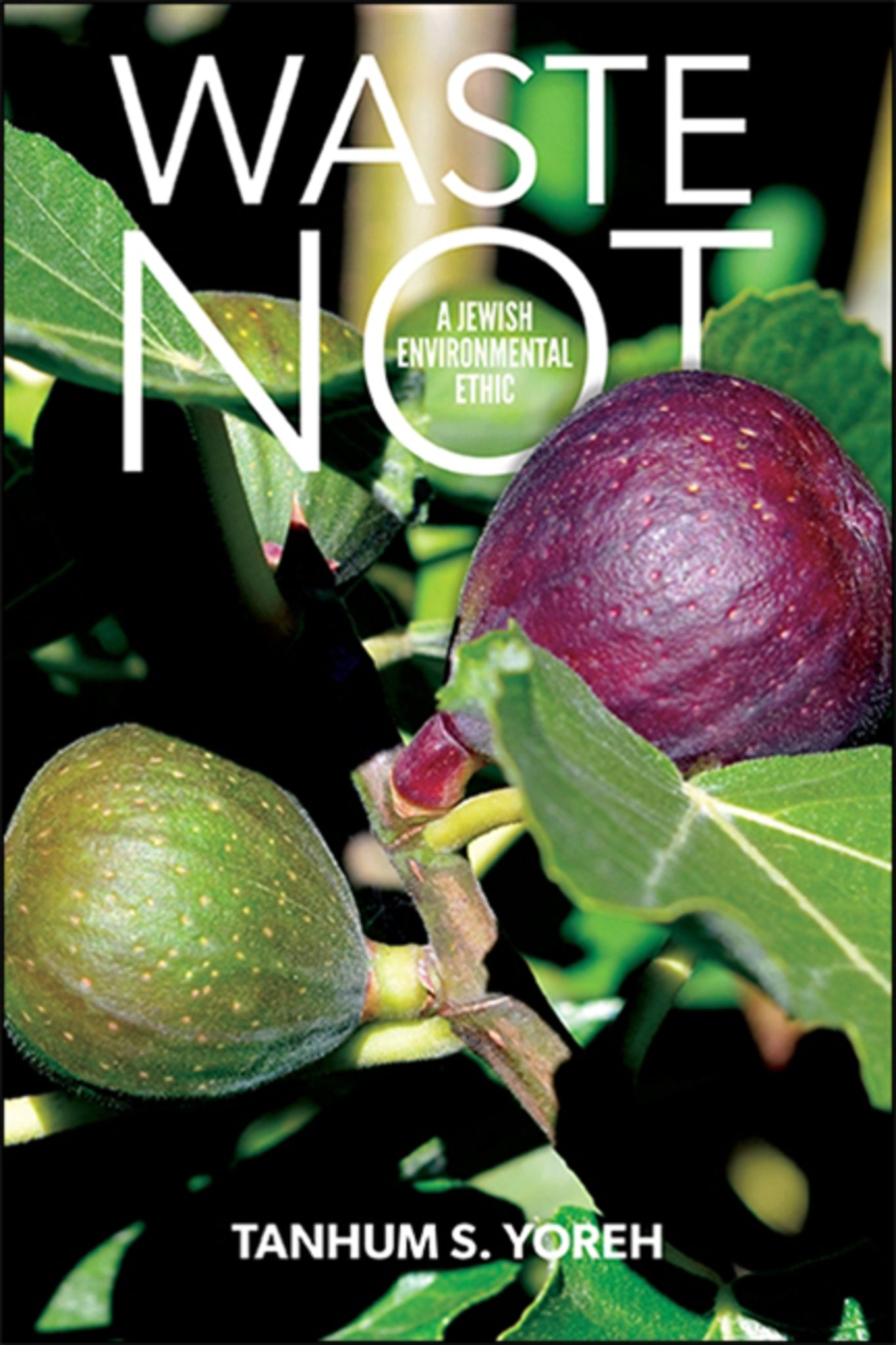We're sorry. An error has occurred
Please cancel or retry.
Waste Not

Some error occured while loading the Quick View. Please close the Quick View and try reloading the page.
Couldn't load pickup availability
- Format:
-
01 December 2019

Traces the development of bal tashḥit, the Jewish prohibition against wastefulness and destruction, from its biblical origins to the contemporary environmental movement.
Winner of the 2020 Canadian Jewish Literary Award in the category of Jewish Thought and Culture
Bal tashḥit, the Jewish prohibition against wastefulness and destruction, is considered to be an ecological ethical principle by contemporary Jewish environmentalists. Waste Not provides a comprehensive intellectual history of this concept, charting its evolution from the Bible through classical rabbinic literature, commentaries, codes of law, responsa, and the works of modern environmentalists. Tanhum S. Yoreh uses the methodology of tradition histories to identify pivotal moments in the development of the prohibition-in particular, its transition into an economic framework. He finds that bal tashḥit's earliest stages of conceptualization connect the prohibition against wastefulness with avoidance of self-harm. This connection is commonplace within contemporary environmental thought and a universalizing Jewish principle with important contributions to be made to Jewish and general societal ecological discourse. This narrative provides a foundation for understanding bal tashḥit as an environmental ethic for today and tomorrow.


"Overall, Waste Not presents a panoply of Jewish sources about waste and worth in the world. The book does not rely on genizot to prove a Jewish impulse toward preservation of the sacred in the world, but it rather looks to rabbinic and biblical teaching and persistent Jewish belief that the divine does indeed care for creation. I highly recommend it for all readers, and I look forward to Yoreh's next work on this topic." — Janelle Peters, H-Net Reviews (H-Environment)
"This book makes a significant contribution to our understanding of the prohibition against wastefulness as an environmental principle." — Journal for the Study of Religion, Nature and Culture
"The book's argument, well-grounded as it is in firm textual evidence, displays a sound familiarity with rabbinic sources and communicates it in a manner suitable for readers whose familiarity with those sources may vary. There is a drama implicit in the presentation, having to do with the religiously and environmentally pressing question of how Jewish sources show up under close historical and environmental examination." — Martin D. Yaffe, University of North Texas
Transliteration and Abbreviations
Preface
Acknowledgements
Introduction
1. Classical Rabbinic Texts
2. Bible and Biblical Commentaries
3. Codes and their Cognates
4. Responsa
Conclusions
Appendix
Bibliography
Concept Index
Name Index
Source Index



